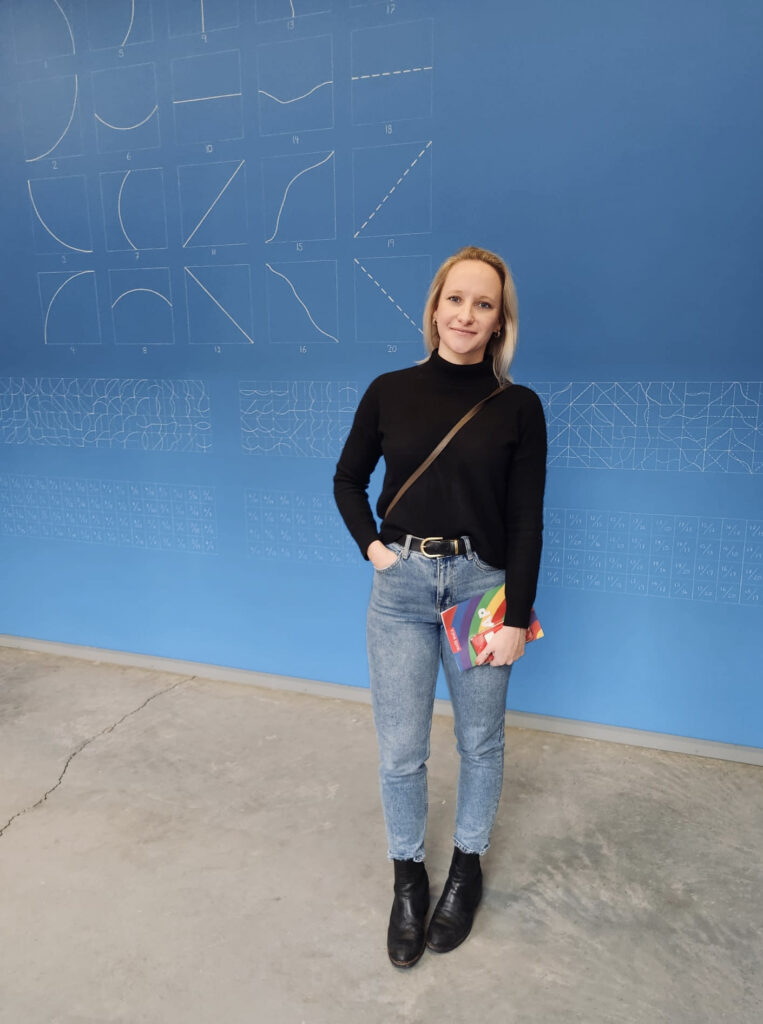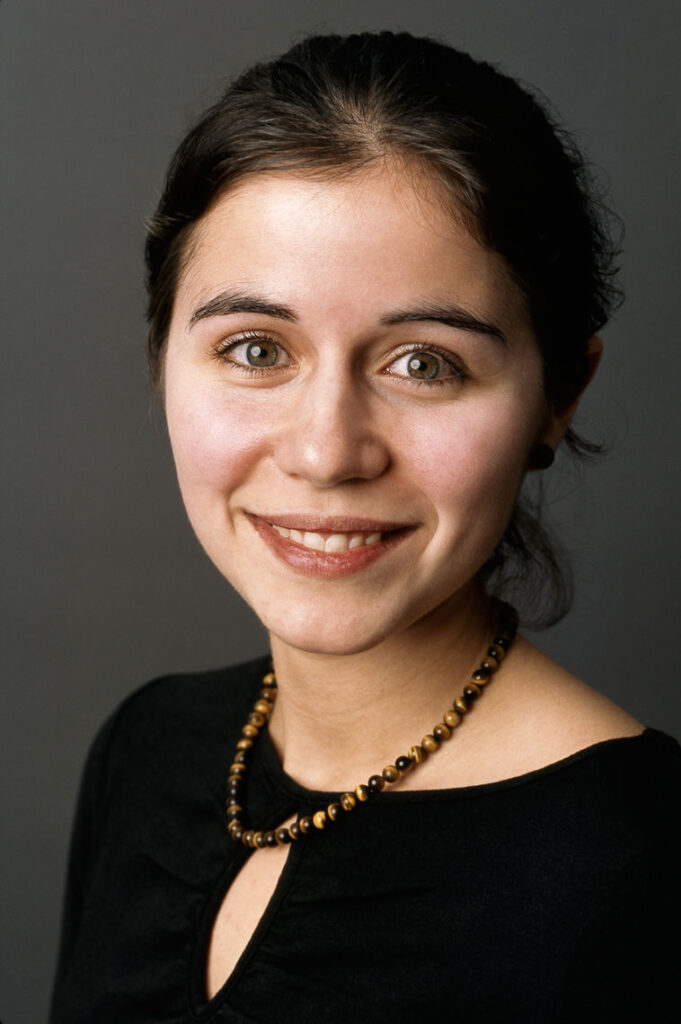
Katarina Richter-Lunn
Visiting Lecturer, Harvard John A. Paulson School of Engineering and Applied Sciences
Paul & Daisy Soros Fellowship awarded in 2022 to pursue a DDes in Architecture at Harvard University.
Katarina Richter-Lunn was born in Spain and is the child of British and German immigrants
Related Articles
-
 Read more: LOOKING BACK AT THE FELLOWSHIP: Architecture Student Katarina Richter-Lunn
Read more: LOOKING BACK AT THE FELLOWSHIP: Architecture Student Katarina Richter-Lunn- Fellow Highlights
LOOKING BACK AT THE FELLOWSHIP: Architecture Student Katarina Richter-Lunn
-
 Read more: 2022 Fellows: Announcement in the New York Times
Read more: 2022 Fellows: Announcement in the New York Times- Announcement
2022 Fellows: Announcement in the New York Times
Meet More Fellows
-

Markella Zanni
Professor of Medicine, Harvard Medical School
Markella Zanni is the child of immigrants from Greece. Fellowship awarded in 2002 to support work towards an MD in Medicine at Harvard University
-

Anita Yang Hsu
Senior Vice President and General Counsel, MBK Real Estate Companies
Anita Yang Hsu is an immigrant from Taiwan. Fellowship awarded in 1998 to support work towards a JD in Law at University of California, Berkeley
-

Kao Kalia Yang
Activist & Professor, Author
Kao Kalia Yang is an immigrant from Thailand. Fellowship awarded in 2003 to support work towards an MFA in Creative Writing at Columbia University
-

Richard Vidal
Head of Global Agency Business Development, Google
Richard Vidal is the child of immigrants from Cuba. Fellowship awarded in 2003 to support work towards an MD in Medicine at University of Pennsylvania